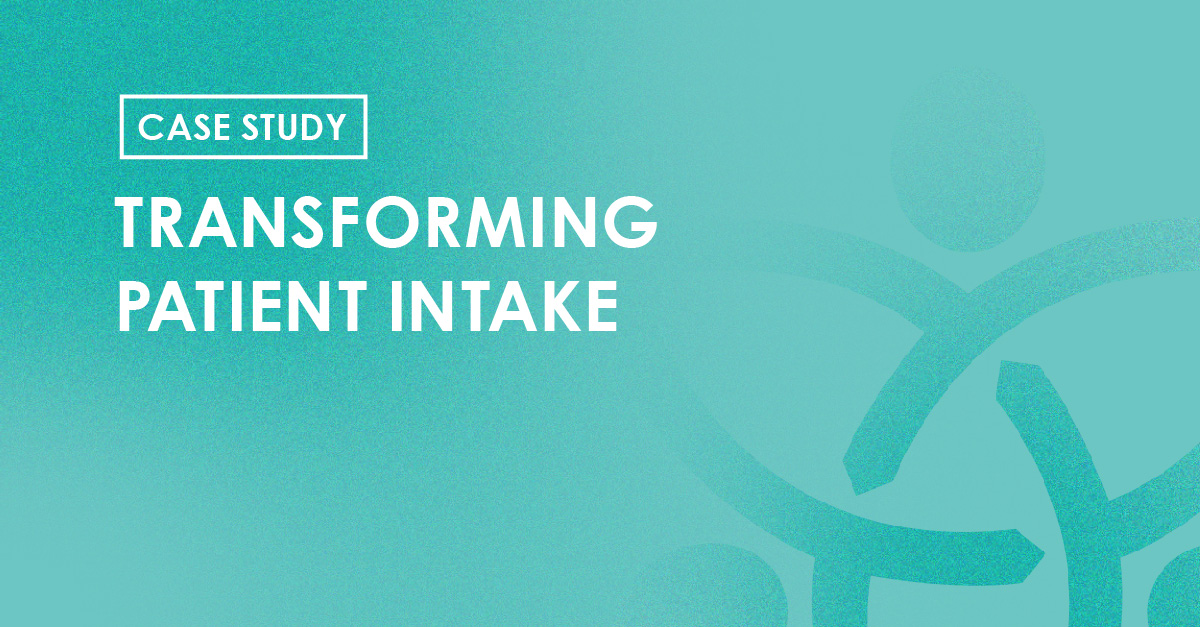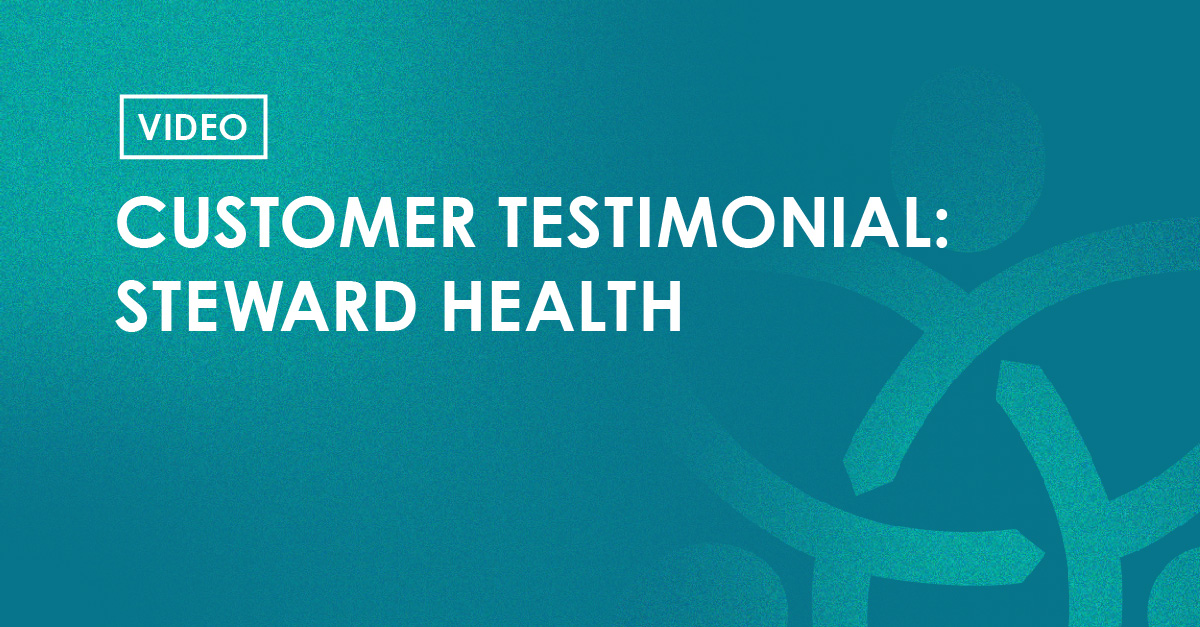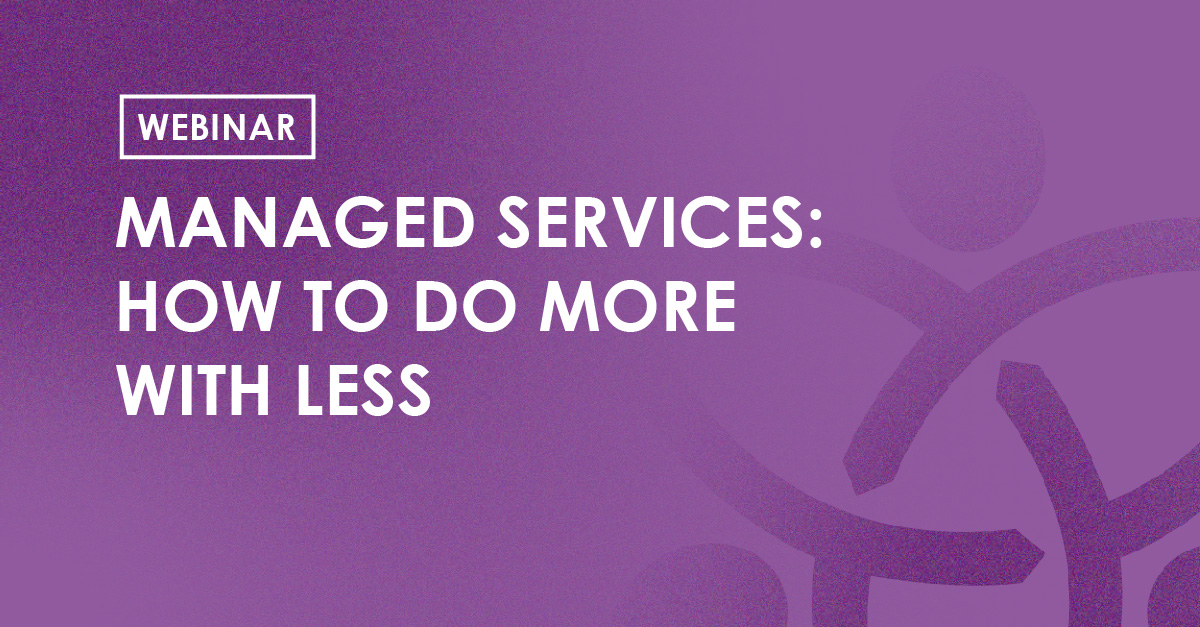On-Demand Webinar
People Over Paperwork with Extract Systems
In this webinar:
People Over Paperwork emphasizes the importance of prioritizing patient care and staff well-being over administrative burdens and excessive documentation processes.
At Interlace Health, we aim to strike the balance of finding ways to streamline administrative tasks, reduce redundant or non-essential documentation, and allow organizations to invest more time and resources in direct patient care. By doing so, healthcare providers can enhance experiences for patients and staff, improve the quality of care, and create a more patient-centric healthcare system.

Interlace Health & Extract Systems
Interlace Health and Extract Systems are aligned in our efforts to use the power of technology to help healthcare make this a reality by reducing burnout, inefficiencies, and potential risks.
Our People Over Paperwork online event was centered around topics that reflect the overarching idea of putting people’s needs, well-being, and experiences at the forefront of decision-making processes, while also recognizing the importance of appropriate administrative procedures.
Session 1 | 1 hour
Charting the Course to Successful eConsent Executions
Presenter: Dessiree Paoli, Director of Product Marketing & Strategy
Healthcare organizations see an average waste of 37% of software that goes unused in their facilities (1E). Given the average hospital IT budget is nearly $8M, this is a substantial amount of money being wasted. But, why are these solutions not being used? In this session, we discuss how even the best laid plans for implementing new technologies can fall short, if you forget about the people who matter the most.
Session 2 | 1 hour
State of “Paper” Documentation in Healthcare
Presenter: Norm Kruse, Regional Business Development Manager at Extract Systems
This session reviews what “paper” documentation still exists in healthcare. It covers the sources of the documentation as well as why there remains a great deal of it throughout the health system. Subsequently, what can be done about it and what opportunities it provides HIM leadership to step up and out of the HIM “box”, further enhancing HIM’s status/role within the health care environment.



